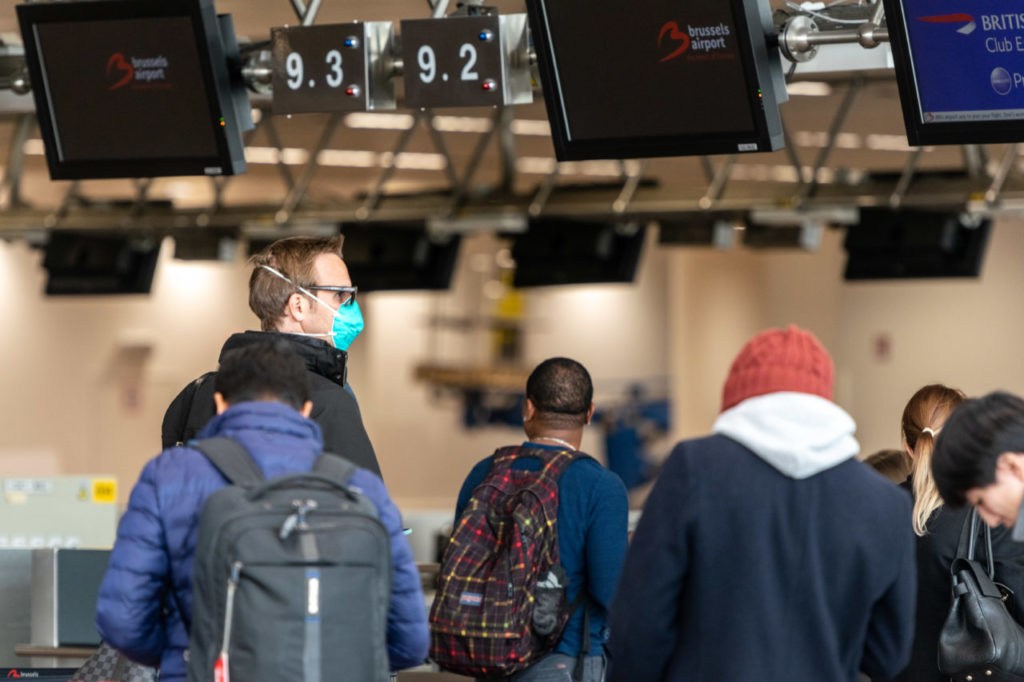Belgium will hire 2,000 investigators to identify people at risk of getting the new coronavirus (Covid-19) in an effort to keep it from spreading further as the government set eyes on lifting the lockdown measures.
The so-called "corona detectives" will work to trace the people who have been in contact with confirmed or suspected Covid-19 patients.
The people identified by the contact tracers will be tested for the virus and those who test positive will be quarantined for two weeks, De Tijd reports.
The team of contact tracers will be split up between the regions, with 200 set to be put to work on Brussels, 600 in Wallonia and 1,200 in Flanders.
Related News
- Coronavirus: 'without measures, the curve rises straight up'
- Coronavirus: over 2.4 million confirmed cases worldwide
- Coronavirus: lawyer may sue Belgian State for casualties
Authorities in each of the regions will be responsible for training the contact tracers, whose roles are part of the plans by the federal government's exit strategy from the current lockdown.
On Monday, the nationwide confinement measures were eased for large home improvement and gardening, which were allowed to reopen under strict social distancing conditions.
Restaurants, cafes, bars and other non-essential shops and business will remain shut and free movement will continue to be limited until 3 May at least, according to the latest lockdown deadline agreed by the National Security Council.
The work carried out by the contact tracers is expected to complement tracing done by a tracking app which employs personal data to follow the virus' spread through the population.
Federal authorities in Belgium are reportedly working on a legal framework for the development of a coronavirus tracking app and regional authorities would then choose which app developer to work with.
Tracking apps have been part of the strategies of authorities in China, South Korea and Singapore to stem the spread of the virus among their populations, but have seen critics raise concerns over the usage of citizens' personal data by app developers and governments.
Gabriela Galindo
The Brussels Times

